Scuba diving preparation makes this sport safe and helps the experience to all the maximum that it can offer.
Reducing risks is a priority in this sport. Here we bring you 6 important things to consider before the dive.
6 things to consider before the dive
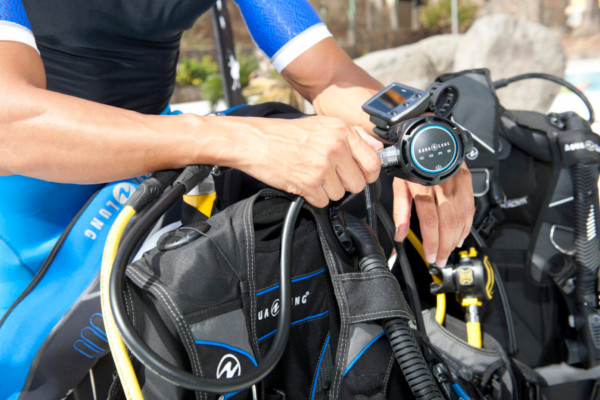
#1 Water Temperature
When thinking on scuba diving preparation, you will need to know this. You are going to spend a lot of time on water temperature.
Probably longs period of time.
Therefore, it becomes imperative that you know ahead of time what the water conditions is. It may not be necessary for all locations.
It is still a good idea to know with anticipation whether the water will be excessively warm or overly cold.
However, temperature changes may occur. It might be important for you to know the term “thermocline”, which is a phenomenon that helps us understand these changes.
The thermocline is an invisible layer of water a few meters below the sea surface, in which there is a sudden drop in temperature.
This is formed because the heat of the sun’s rays in their projection on the water has a greater effect on the surface, in the deepest part they no longer reach what produces said change in temperature.
An interesting fact is that cold water is denser than warm water, so moving in cold water requires more effort than in warmer water.
Another important fact is that, before the appearance of a thermocline, the visibility may not be optimal, but as it descends, the visibility will improve.
Fortunately, for both situations, there is equipment that is designed to be used in unique situations such as water temperature.
This includes specialized wet suits. It also includes dive masks, and other gears that can help to improve your diving experience.
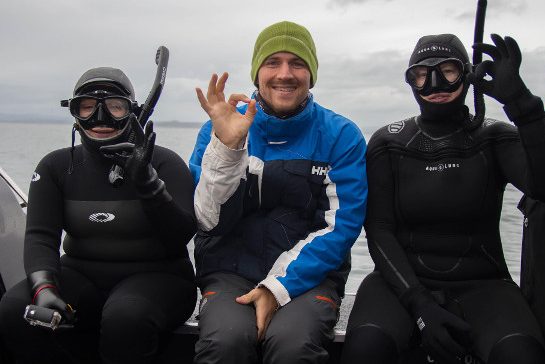
#2 Weight
The human body is inherently buoyant. Which means that staying underwater for long periods of time tends to go against that concept.
As part of your diving training, you would have been taught that you will need to have a certain amount of extra weight to help you to stay under the water.
Part of your dive gear will include a weighted belt and this is what will help to keep you under the water.
With that said it is very important that you figure out exactly how much weight you should have on your weight belt for the area that you will be diving.
You should always check this before the dive or even better before you pack your gear.
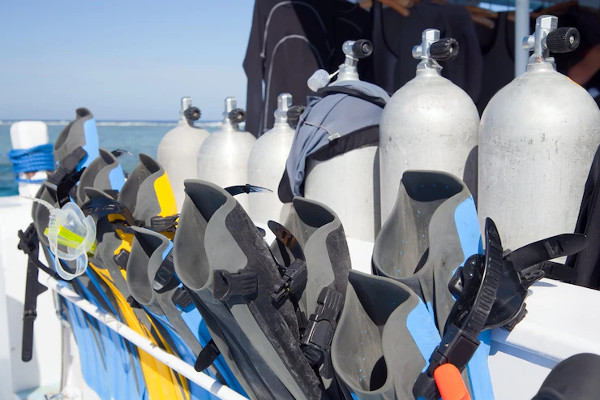
#3 Sea conditions
You should find out about the water temperature. It is very important also to be fully aware of the condition of the seas.
Before you get into the dive boat that is going to be taking you out to where you and your party will be diving.
You would not want to be out diving in the open ocean and find out that the dive boat that brought you out into the water suddenly had to leave the area because of a storm or heavy seas warning forced them to leave.
Depending on how bad the seas are, it could make it very difficult to safely enter or exit the water. This could lead to a potentially dangerous situation and if you are not aware of the possibility it could really be dangerous.
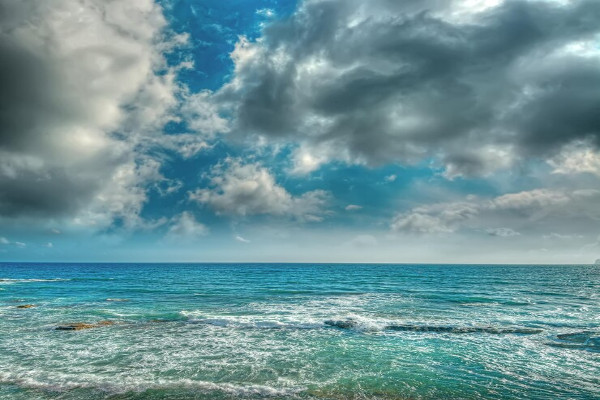
#4 The dive site
Knowing in advance specific details about the dive site is always a good thing to do.
When considering the scuba diving preparation,it is never a good idea to leave it to chance that you would be able to handle any and all situations that you could be confronted with under the water.
Unless you are intimately familiar with every aspect of the dive area that you are planning to visit, you should always contact one or more local dive shops in the area to find a knowledgeable dive guide to help show you the area that you will be diving.
This could be a way to help minimize the surprises that you could possibly be confronted with.
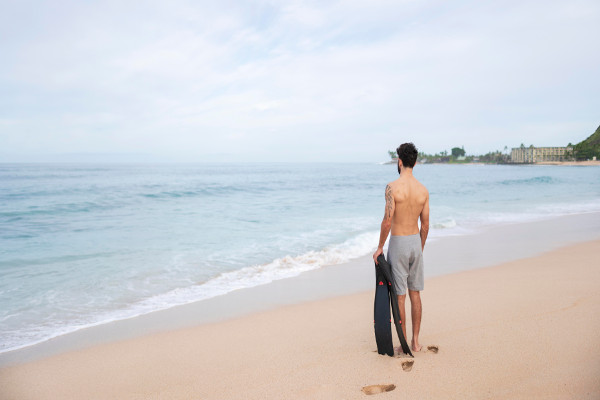
Discover local diving orientation PADI
Local Diving Made Easy with Diver Orientation
#5 Carefully inspect all of your gear before the dive
Your dive gear is absolutely the most important part of scuba diving.
Knowing that everything is in good working condition is crucial.
The last thing you want to do is get under the water, be without an exit and find out that your regulator was leaking air.
Most people would agree that fully inspecting the regulator is very important.
However, a worn or cracked mask is equally important.
So, to avoid any problems, the recomendation is this: You thoroughly inspect each piece of equipment.
Do this before you even pack it up for your trip.
When you do this, you will potentially save yourself some money in case you need at the end to replace something that you find out is damaged just before you are about to enter the water.
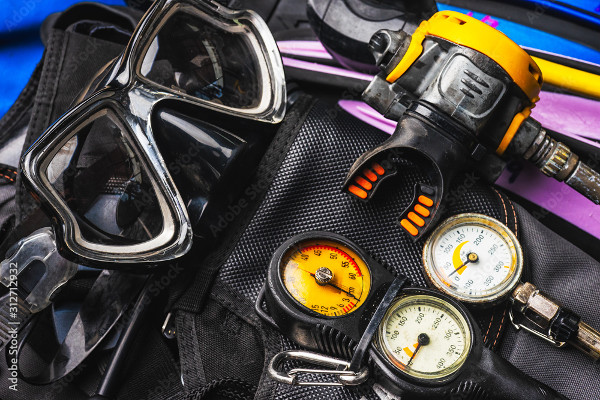
#6 Your buddy
Last, but certainly, not least you want to be sure that the person who will be diving with you is equally prepared.
It is always a good idea not to dive alone, so having a fine buddy is really important.
Now, since there is a real possibility that you could be forced to rely on your buddy to help you in case of a catastrophic situation occur, you want to be sure that they are alwyas preparing themselves.
It is always better make sure that you are safe, than absolutely sorry in the event that something serious happens.
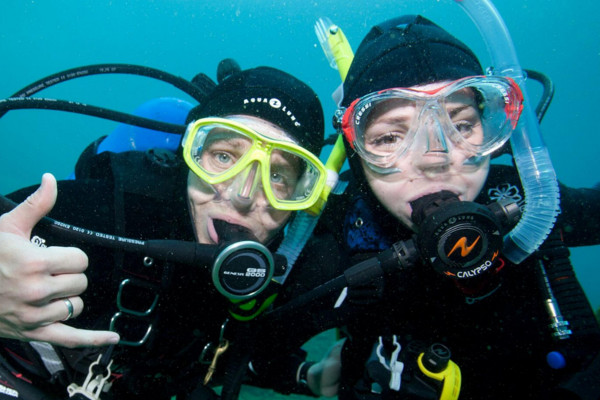
A safe scuba diving experience
Scuba diving preparation is highly important. Taking these tips into account could help you to minimize risks.
However, we can always enjoy diving in a new place.
You do not want to worry about any of these points. Therefore it is best to join a tour at a local dive center.
At Costa Rica Dive and Surf, for example, we check in detail all our equipment in a daily basis and before each tour.
We know in depth the areas where we dive and we are monitoring the weather and any possible changes in sea conditions. We dive with you and guide you in what you need.
If you come through southern Costa Rica and want to know some of the most incredible places to dive, send us a message.
We would love you to join one of our spectacular tours.
